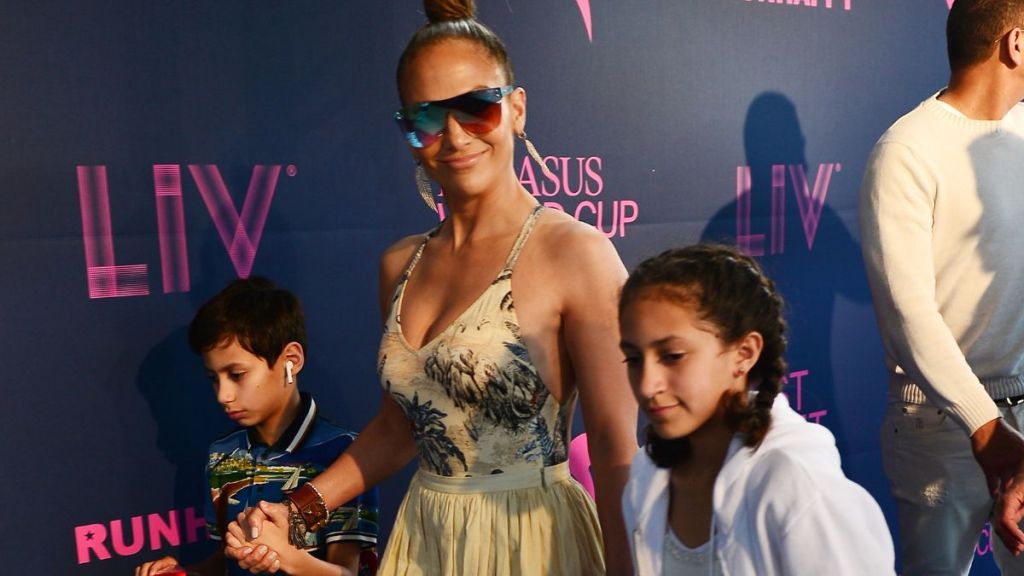Jennifer Lopez has found herself asking if she is “enough” for her kids. In an interview with Entertainment Weekly, the singer and actor opened up about her role in the movie “Unstoppable” and shared how she often questioned herself as a single parent. Lopez shares 16-year-old twins Maximilian “Max” David Muniz and Emme Maribel Muniz with her ex-husband, Marc Anthony. The star also spoke to the outlet about seeking inspiration from the film’s characters in her parenting journey.
Jennifer Lopez is answering a serious parenting question about herself
Speaking to Entertainment Weekly, Jennifer Lopez shared what she had learned about being a single parent after filming “Unstoppable.” As a single mom, the actor recalled having asked herself if she was ever “enough” for her kids. However, she found the answer while playing Judy Robles in the film.
Lopez said, “And the truth is, all you need is really one good parent to love you.” Seeking inspiration from Anthony Robles’ strength and determination, the singer confessed that the movie made her realize she is “enough.” In the movie, Lopez stars as real-life Judy Robles, mother of former NCAA wrestling champion Anthony Robles (played by Jharrel Jerome).
The singer further revealed that she “understood” Judy Robles’ journey in raising her children as a single mother amid a toxic relationship. Lopez empathized with Judy’s efforts to embrace different sides of her partner, which the kids were unable to see. She also emphasized the importance of a support system for one to accomplish something in life.
Jennifer Lopez rarely shares a glimpse into her life with her twins on social media. Last year, she opened up to Audacy about how her kids deal with having “famous parents.” While noting that her children didn’t “choose” to have that life, the singer expressed her desire to “protect them” from the same. Speaking to Vogue Mexico and Latin America the same year, Lopez revealed that her children have started to question her choices as they have gotten older. However, they have also come to develop an “acceptance” of her decisions and that “they just want to know, learn, they want answers.”








